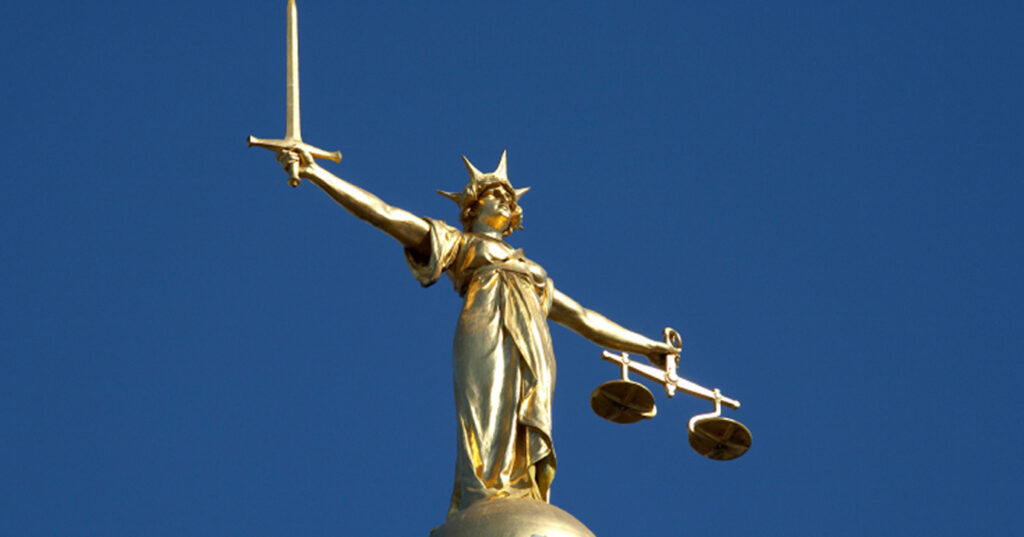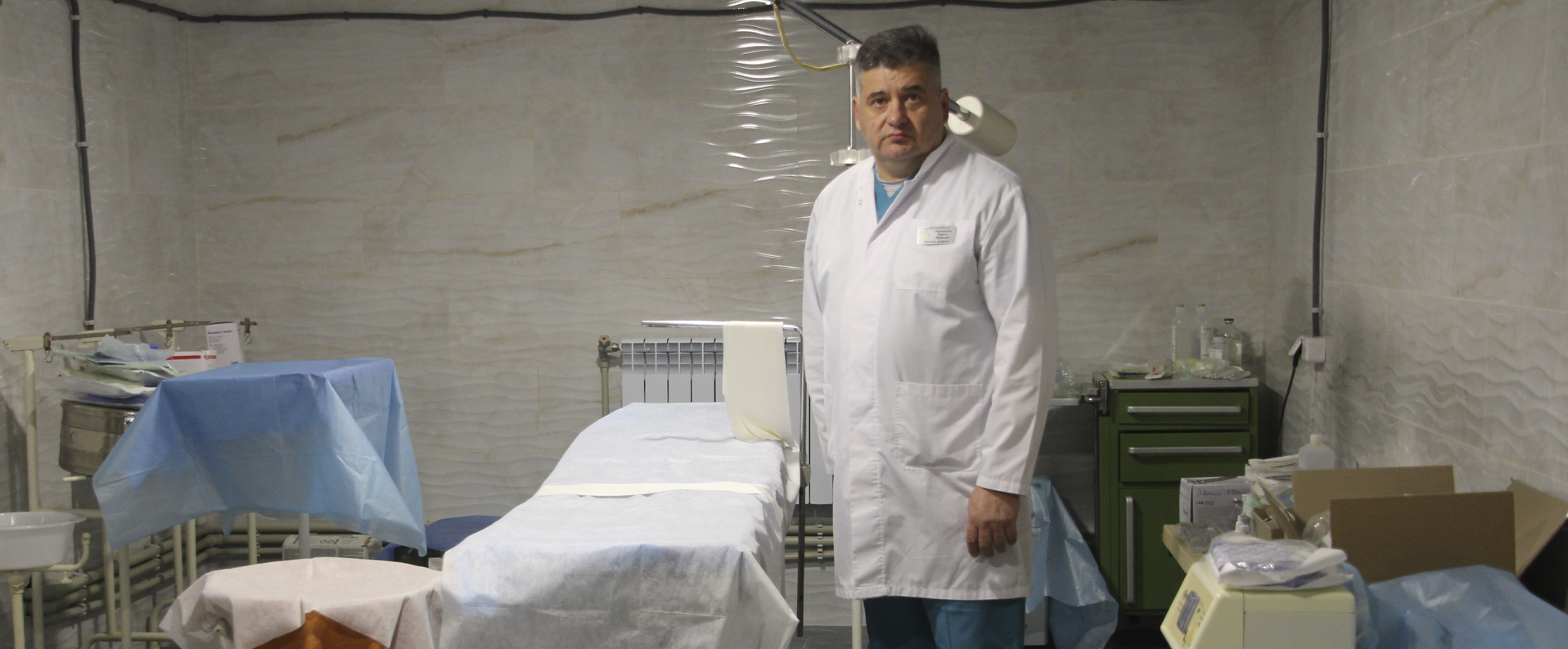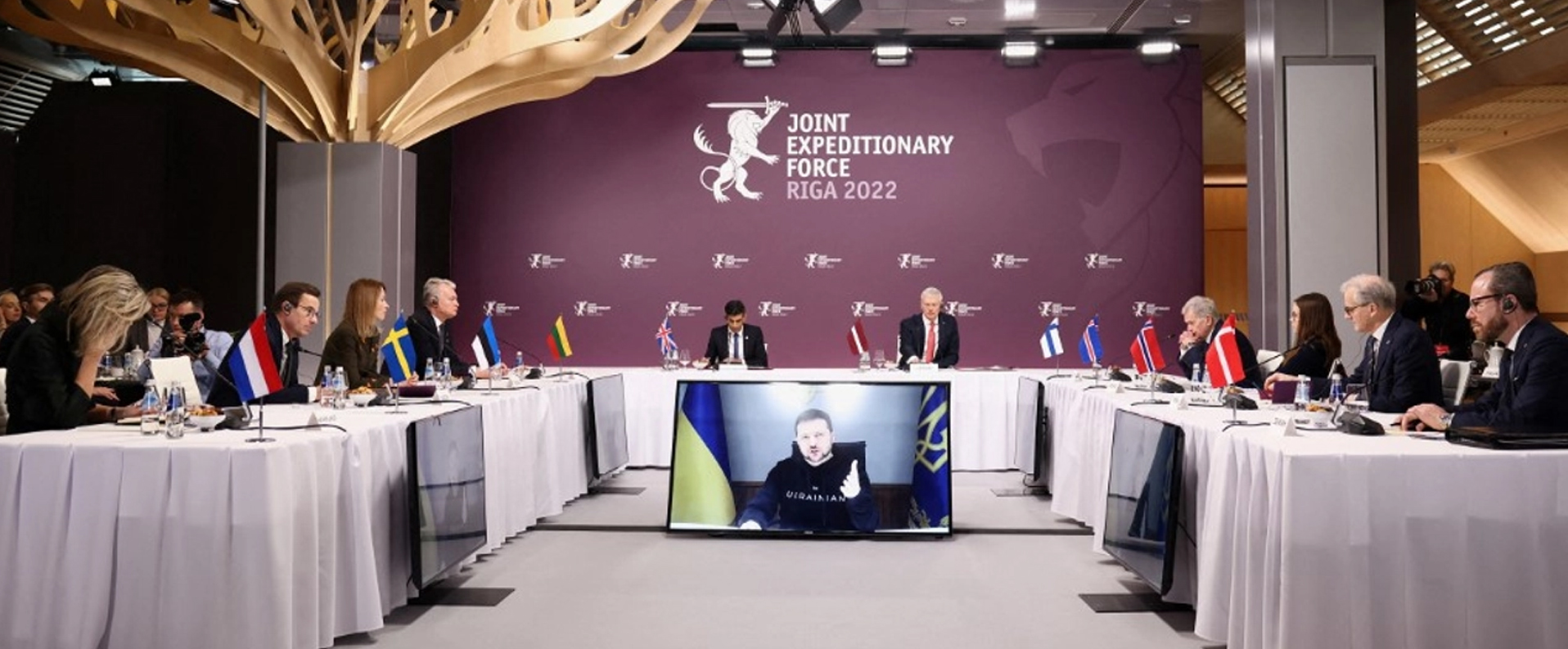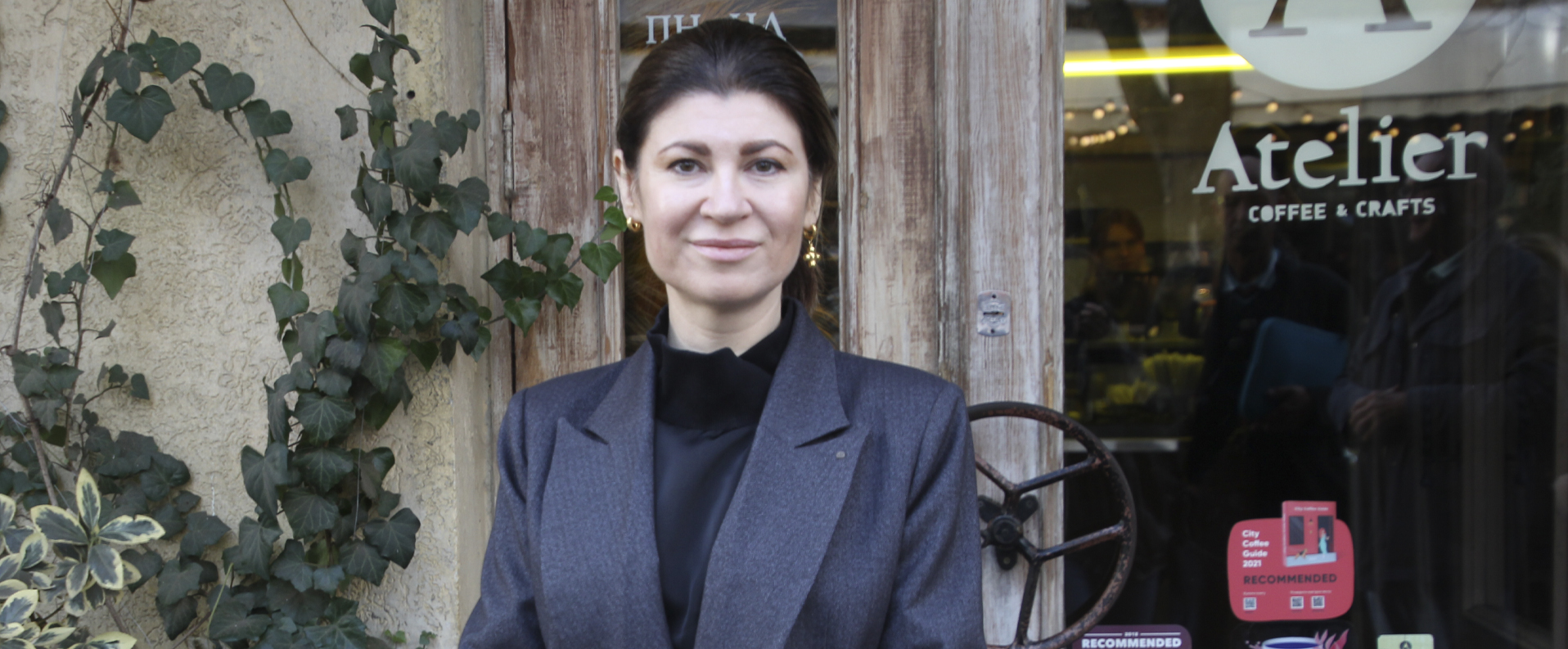
My recent polling report, Crime, Punishment & The People, set out the views of the public, victims of crime and police officers on the Justice Secretary’s plans on sentencing reform. Last week two of Britain’s most senior judges, Lord Justice Thomas and Lord Justice Goldring, published the judiciary’s response to Mr Clarke’s proposals. One element of the judges’ paper particularly caught my eye. This concerned the role of victims in the criminal justice system.
The judges observe that while “some victims are inclined to be merciful”, “others are concerned with what they regard as ‘justice’, which may take the form of vengeance”. For this reason, they conclude, courts “can of course” take into account victims’ personal statements, but “the expectations of the alleged victim must be managed”. One can almost hear the words of the sixteenth century philosopher and statesman Francis Bacon:
“Revenge is a kind of wild justice, which the more man’s nature runs to, the more ought law to weed it out”.
I think the judges’ response undervalues the part that victims can play in helping to secure justice – not just in court, but in the detection, investigation and prosecution of a crime. Think of the actions of the Omagh families, whose dignified perseverance was absolutely essential to the delivery of any form of justice at all.
My own experience as a victim (not, I admit, a role in which I am easily cast) has helped to shape my view.
A few years ago, The Times bribed a US government employee to steal highly classified information which contained various references to me. The information was stored on a database run by the Drug Enforcement Administration, which included the names of some six million individuals, businesses, vessels and aircraft including those who travelled or did business in Central America and the Caribbean. Entirely wrongly and mischievously, The Times suggested on the basis of its stolen records that I was connected to drug dealing and money laundering.
Such allegations were potentially devastating to me: I was a senior figure in the Conservative Party, the founding Chairman of Crimestoppers, a high profile supporter of anti-drugs charities, a businessman whose contacts were naturally concerned for the propriety of their relationships – and of course I was entirely innocent.
I sued The Times, but the front-page retraction published six months later did not repair the damage of a story that was repeated endlessly and found its way around the world. In the course of the litigation, though, my legal team was given copies of the stolen documents which the newspaper had bought from the corrupt official. Having been only shoddily redacted, one of them allowed us to identify the individual who had downloaded them from the DEA computer.
Within hours, the man was apprehended. He later stood trial in Atlanta, Georgia. As the victim of this crime, I was asked to give my views to the Atlanta court. Dispassionately, and with no thought of revenge, I set out in a letter to the judge the distress which I had been caused, and the impact on my family and my businesses. In the three years since the false allegations were made, and at meeting after meeting, I had found myself having to explain that I was not a drug runner. I concluded my letter:
“As the DEA itself has recognised, a system which captures the names of the honest within precisely the same database as that designed to ensnare the dishonest would, in the wrong hands, be a very dangerous weapon indeed. These actions deserve appropriate punishment, if only as an example to the countless others who also act as custodians of the security of the Nation”.
The DEA official who had been bribed by The Times to steal this document was jailed for a year. I have little doubt that events would not have concluded in this way had it not been for my active and, from the victim’s perspective, entirely appropriate involvement in the exercise.
Most people want to see crime investigations properly conducted, suspects apprehended, defendants prosecuted fairly and thoroughly, and those who are convicted sentenced according to all appropriate considerations. The victim has a right, and even perhaps an obligation, to express to the court what the crime has meant to him or her. There is then a corresponding duty on the court to take this into account. The judiciary cannot properly assess sentencing without a genuine understanding of all the facts.
As the founder of Crimestoppers and with the benefit of experience I know that many victims, their friends and families have an energy to seek justice which, in most cases, is not characterised by a desire for revenge. I hope that this is reflected in the Bill that emerges from the MoJ’s Green Paper.
The full details of these events are recounted in my book Dirty Politics Dirty Times.



